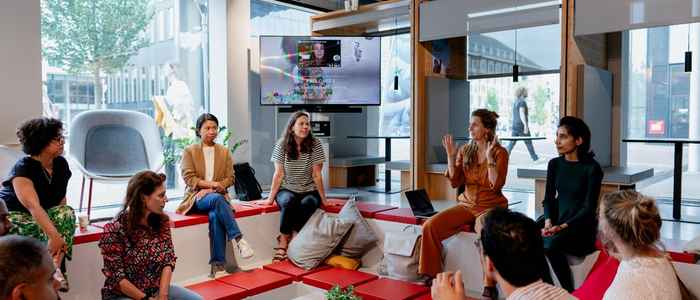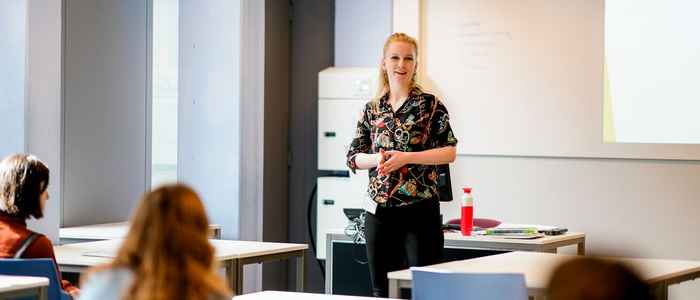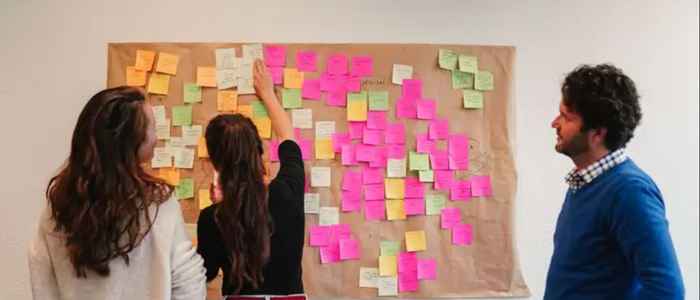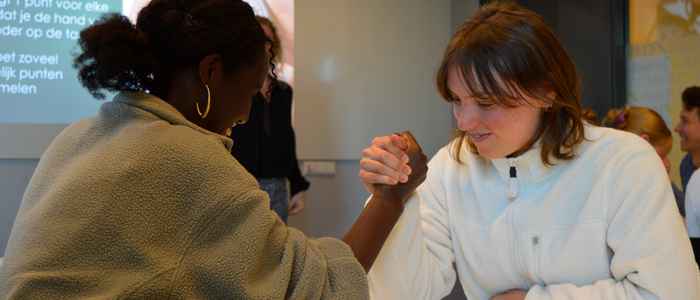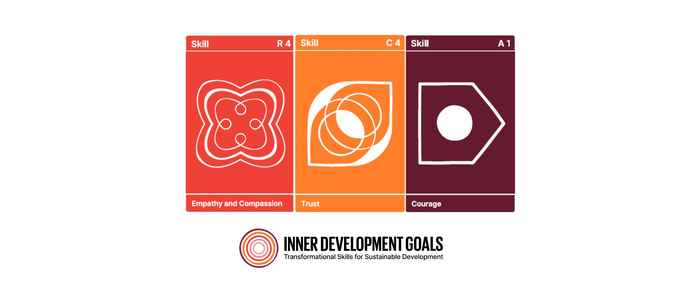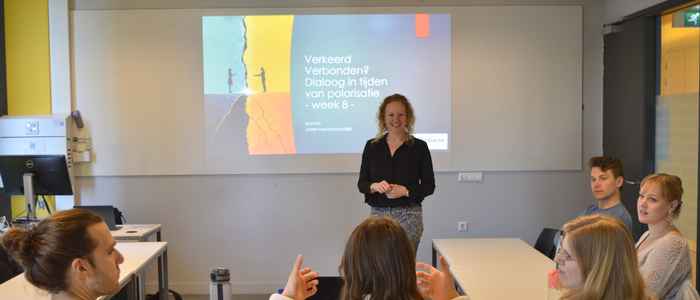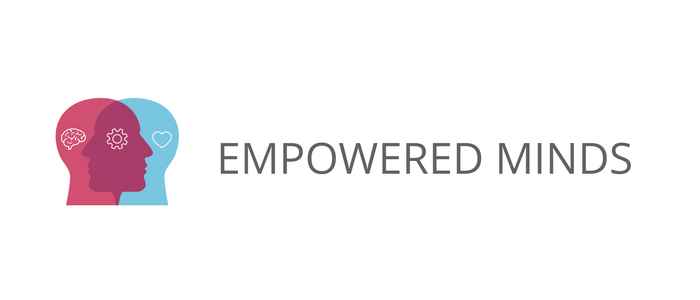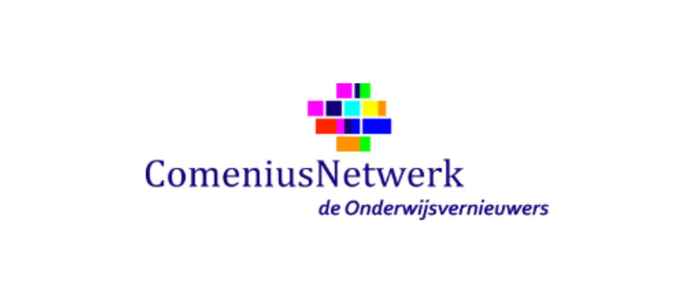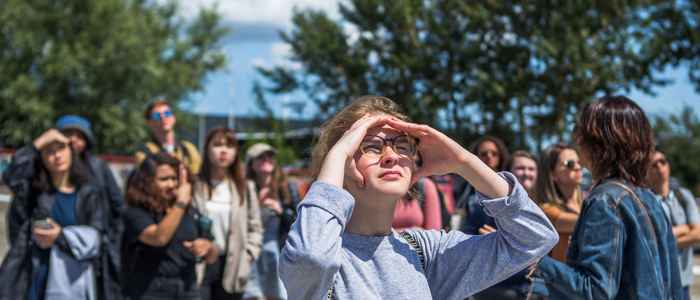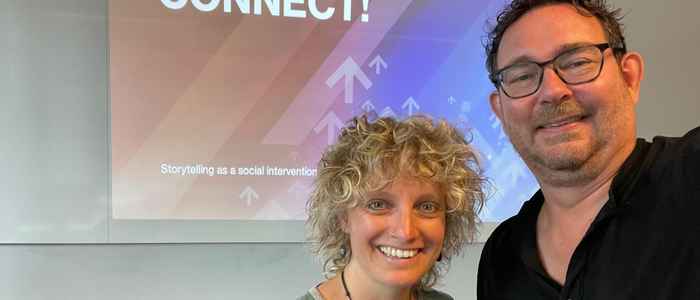To ground affective learning in evidence, we research whether students develop the intended skills through targeted learning activities. The interdisciplinary elective course ‘Verkeerd Verbonden’ provides an opportunity to test this innovative education and serves as a small-scale pilot for measuring personal development within the framework of affective learning at the University of Amsterdam. In this course, students develop skills for engaging in dialogue about complex situations. The learning activities — including lectures, interactive exercises and reflective assignments — are designed to foster three Inner Development Goals (IDGs): empathy, courage and trust.
The research, conducted by Lotte Brinkhof under the supervision of Sanne de Wit from the UvA Habit Lab, combines both quantitative and qualitative methods. Using Visual Analogue Scales, self-reported IDG skills are measured before, during, immediately after, and ten weeks following the course, in order to track any changes. At the end of the course, students are invited to reflect on their personal development using the Most Significant Change method. In addition, they share their experiences and reflect together on their development in a focus group.
The results are analysed to identify recurring themes in students’ personal growth. The aim of the research is not only to gain insight into the impact of this specific course on personal development and IDG skills, but also to develop reliable instruments for evaluating affective learning in broader educational contexts. The first results are expected in July 2025.
